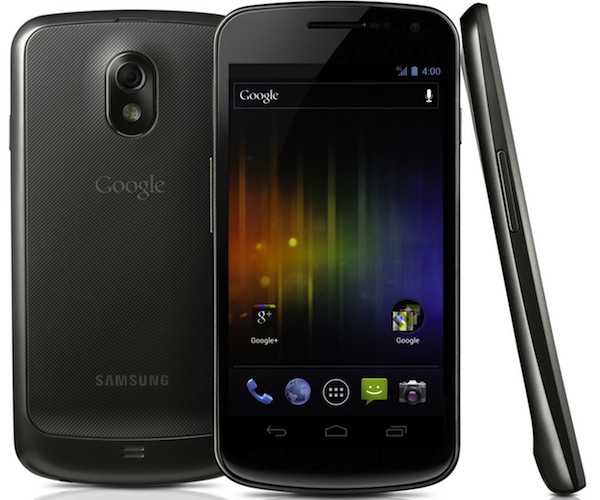 Verizon wants to own your mobile identity, which may be why the company has blocked the Google Wallet mobile payments app on the forthcoming Samsung Galaxy Nexus smartphone.
Verizon wants to own your mobile identity, which may be why the company has blocked the Google Wallet mobile payments app on the forthcoming Samsung Galaxy Nexus smartphone.
Verizon is instead banking on the Isis mobile payments platform, which was jointly developed by Verizon, AT&T and T-Mobile. Isis was conceived as a nationwide “mobile commerce network” to replace physical wallets with the phones people already have in their pockets.
“Verizon asked us not to include this functionality in the product,” a Google representative confirmed to VentureBeat.
Both Isis and Google Wallet use near field communications (NFC) chips that are becoming standard in many Android smartphones, including the Galaxy Nexus. Users can make purchases by simply swiping their phone over an NFC receiver at the point of sale. Both Isis and Google Wallet can be linked directly to credit card cards and gift cards to simplify the purchasing process.
But both platforms aren’t just about payments, they’re about controlling digital identity outside of the home in many more ways
“While mobile payments will be at the core of our offering, it’s only the start,” said Isis chief executive officer Michael Abbott in a prepared statement from September. “We plan to create a ‘mobile wallet’ that ultimately eliminates the need for consumers to carry cash, credit and debit cards, reward cards, coupons, tickets, transit passes, etc, etc,” Abbott said.
The Verizon version of the Samsung Galaxy Nexus will sell for $299 with a two-year contract, according to the Wall Street Journal. The Samsung smartphone is among the season’s most hotly anticipated rivals to the iPhone.
Keeping one step ahead of Google is even more important now that the search giant owns Motorola Mobility, and will soon begin shipping handsets preloaded with Android software. Recently Google chairman Eric Schmidt said that owning Motorola would not constitute a competitive advantage for Google — but Verizon is smart not to leave anything to chance.
The mobile payments space is definitely heating up. In mid-November Verifone bought payments technology Point in a deal valued at more than $1 billion. Mobile payments have been a mainstay in countries such as Japan for many years, but thanks to offerings like Isis and Google Wallet, it’s finally beginning to find some ground in the U.S.
VentureBeat's mission is to be a digital town square for technical decision-makers to gain knowledge about transformative enterprise technology and transact. Learn More

